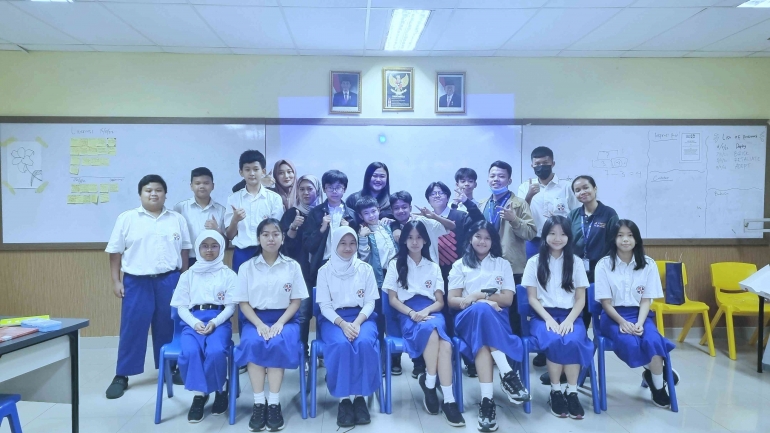Self-Control
Cultivating self-control is imperative for harmonious social interactions. It involves managing emotions and reactions, especially during challenging situations. It's a cornerstone of effective communication, collaboration, and societal integration. Developing self-control equips individuals to navigate complexities, leading to healthier relationships and overall well-being.
Social intelligence isn't just knowing others; it's a skill cultivated over time. It encompasses verbal and nonverbal fluency, comprehending social norms, empathetic listening, and understanding emotions. Growth in social intelligence often emerges from learning through trial and error, highlighting the importance of reflection and adaptability.
Gratitude is more than a simple "thank you." It's a profound appreciation for acts of kindness and generosity. Expressing gratitude forms bonds of mutual respect, fostering a sense of unity and positivity. Furthermore, it nurtures the understanding that generosity is an essential two-way trait, reinforcing the reciprocal relationship between giving and receiving.
Generosity underscores kindness, empathy, and unselfishness in daily life. In a competitive world, cultivating generosity counters self-centeredness, promoting empathy and shared respect. Encouraging individuals to embody generosity paves the way for a culture of mutual respect and benevolence.
These character traits represent only a fraction of the landscape character education addresses. Just as reading, writing, and arithmetic are vital, character education equips students with essential life skills, resilience, and empathy.
The aim is to educate the whole child, fostering not just intellectual prowess but also ethical behavior, emotional intelligence, and social responsibility. In this holistic approach, character education emerges as a cornerstone for empowering the next generation to thrive in an interconnected world.








